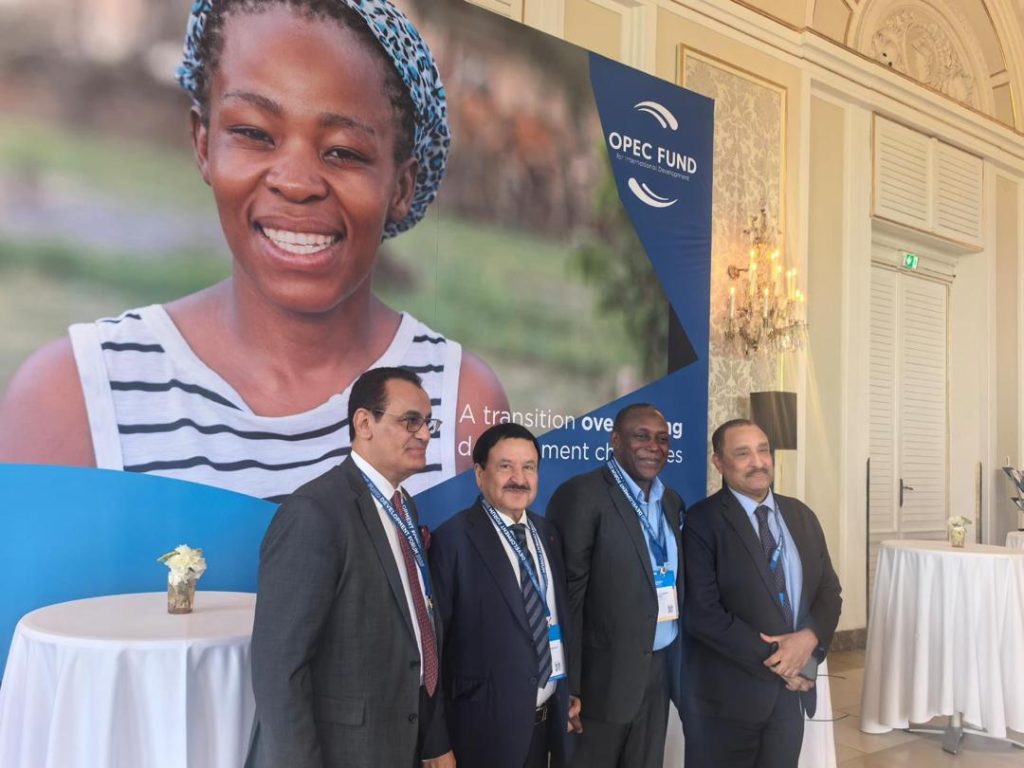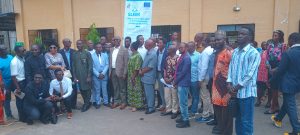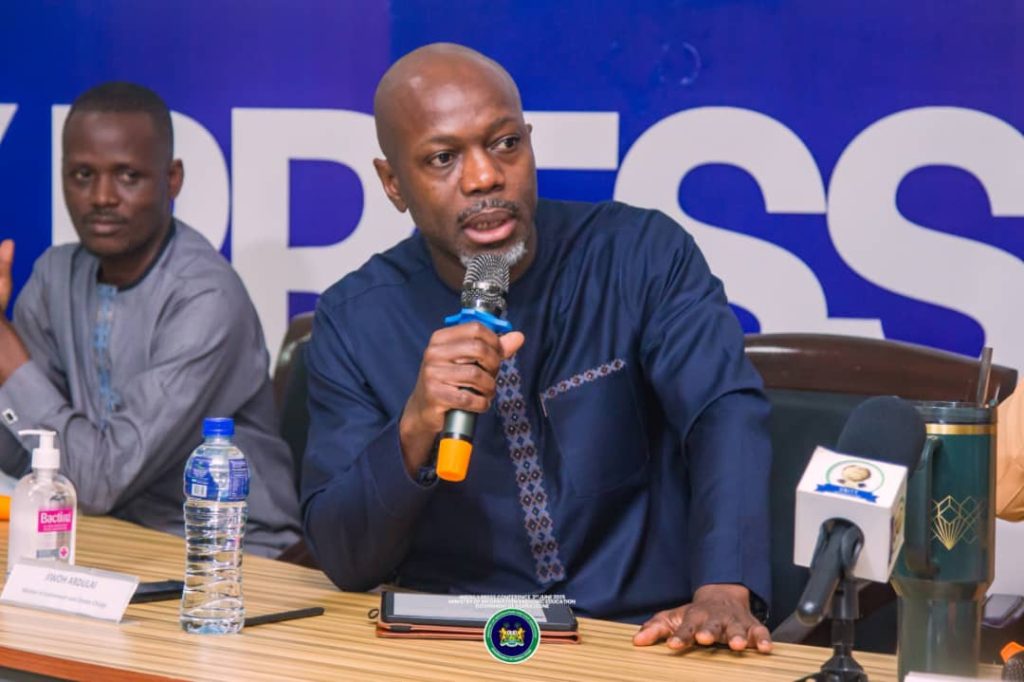HRCSL Workshop Equips Northern CSOs with Monitoring Skills

On Monday, November 4th, 2024, the Human Rights Commission of Sierra Leone (HRCSL) continued its important capacity-building initiative by hosting a comprehensive training for members of the District Human Rights Committees (DHRCs) and Civil Society Organizations (CSOs) from the northern region of Sierra Leone. The focus of the two-day training workshop was on the importance of human rights indicators for effective monitoring and reporting on the implementation of recommendations from treaty bodies and special mechanisms established by international human rights organizations.
The training, which took place at the Bombali District Council Hall in Makeni, was organized and spearheaded by the Directorate of Treaty Bodies Reporting and International Mechanisms within the Human Rights Commission of Sierra Leone. The workshop was funded by UNDP (United Nations Development Programme) and Irish Aid, two key partners in advancing human rights initiatives across the country.
The main objective of this training was to equip DHRCs and CSOs with the essential knowledge and practical skills required to monitor, track, and report on the implementation of human rights recommendations. These recommendations, often stemming from the United Nations Human Rights Council and other international treaty bodies, are critical to ensuring that Sierra Leone fulfills its obligations under various human rights treaties and conventions.
The training covered a wide range of topics, including:
- Understanding Human Rights Indicators: Participants were taught how to identify and use specific human rights indicators to assess the effectiveness of government actions and policies in upholding human rights.
- Monitoring and Reporting Mechanisms: Practical tools and methods for monitoring and reporting on the implementation of treaty body recommendations were discussed in detail. This included guidance on creating reports that are both accurate and actionable.
- Engagement with Special Mechanisms: The role of special mechanisms—such as human rights experts and independent bodies who monitor states’ adherence to international human rights norms—was explained, emphasizing how DHRCs and CSOs can collaborate with these mechanisms to advance human rights in Sierra Leone.
By the conclusion of the training, the participating DHRCs and CSOs will be better equipped to monitor human rights developments at the local level, track compliance with international human rights standards, and report effectively to international bodies such as the United Nations and the African Commission on Human and Peoples’ Rights. These skills are expected to strengthen the local human rights infrastructure, enabling more robust and informed advocacy at both the national and international levels.
Adama B. Sesay, Vice Chairperson of the Bombali District Human Rights Committee, expressed optimism about the impact of the training on their work. He stated that the knowledge gained would greatly enhance their ability to monitor and report human rights issues more effectively, particularly in relation to Treaty Bodies and Special Mechanisms. Sesay further emphasized that the skills learned would help them engage more proactively with international human rights monitoring bodies, ensuring that Sierra Leone’s human rights commitments are not only met but also effectively communicated and followed up on.
This training is part of the HRCSL’s broader strategy to build the capacity of local human rights defenders and institutions in Sierra Leone, particularly in regions like the north, where awareness and resources for monitoring human rights may be more limited. The HRCSL has emphasized that decentralizing human rights training and support is essential for creating a more inclusive and robust system for protecting and promoting human rights across the country.
The training is also aligned with Sierra Leone’s commitment to uphold its obligations under international law, as well as the country’s growing engagement with global human rights mechanisms. Strengthening the capacity of DHRCs and CSOs is a vital step in ensuring that Sierra Leone’s human rights record continues to improve, contributing to a fairer, more just society for all its citizens.
The Human Rights Commission of Sierra Leone plans to continue its training programs in other regions of the country to further enhance the skills and knowledge of local human rights advocates and institutions. By empowering local actors with the tools they need to track, report, and advocate for human rights, the HRCSL aims to create a more transparent, accountable, and responsive system for the protection of fundamental human rights in Sierra Leone.





